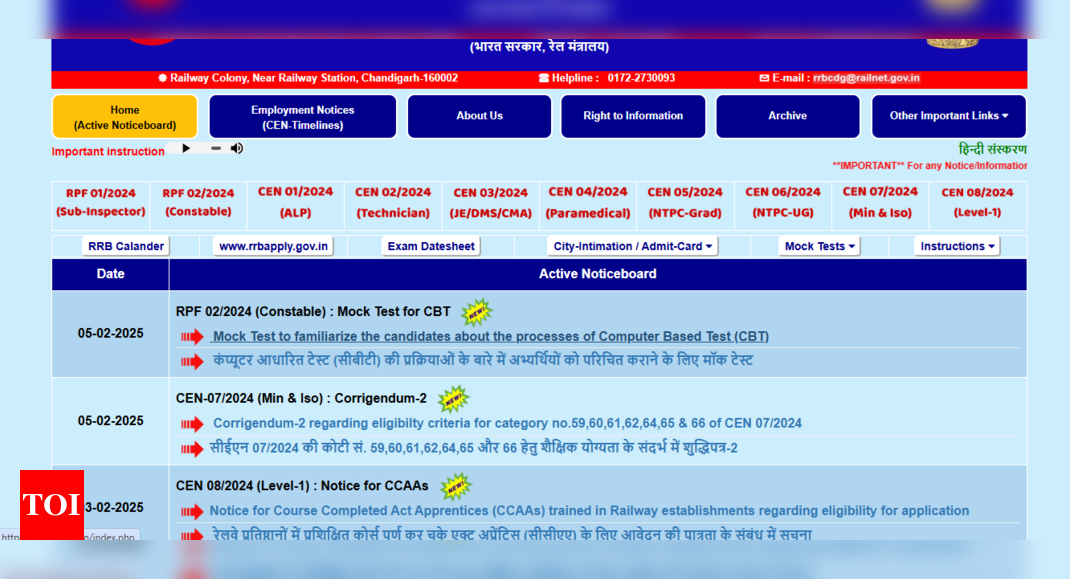Securing admission to a US college, especially a dream institution, is no small feat. With thousands of applicants vying for limited seats in top colleges and highly sought-after programs, competition is fierce. The admissions process often feels like an intricate maze, with multiple stages including early decision, regular decision, and waitlists. Each step presents its own challenges and uncertainties.
One particularly challenging situation is receiving a ‘deferral’, a status that leaves students in academic limbo, wondering about their next steps.
What is an admission deferral?
A deferral means that the college is postponing its final decision on your application. It’s neither a rejection nor an acceptance but a signal that the admissions committee needs more information or time to evaluate your application.
Deferrals can happen for various reasons. Sometimes, the admissions team wants to compare the student with the Regular Decision pool before making a final decision. Other times, a deferral occurs because of gaps in the application—whether it’s missing information, a lack of clarity, or areas that require further evidence of academic or personal potential. Regardless of the reason, a deferral is not the end of the road.
7 tips to navigate the uncertainty of an admission deferral, according to Forbes
With the right approach, students can use this time to strengthen their case and reaffirm their commitment to the institution. Here are top tips to help students tackle the uncertainty, according to Forbes.
Understand why you were deferred
Take the time to understand the specific reasons behind your deferral. Colleges typically defer students for two main reasons: they either want to see how you compare to other applicants or need additional information to assess your potential. Reflect on your application to identify areas that might need enhancement, such as grades, test scores, or extracurricular achievements.
Write a letter of continued interest (LOCI)
One of the most effective ways to address a deferral is by submitting a Letter of Continued Interest (LOCI). This letter should:
- Reaffirm your enthusiasm for the college.
- Highlight any significant updates or achievements since your application.
- Clarify any aspects of your application that align with the college’s values or programs.
Admissions officers value specific, authentic, and concise letters. Avoid repeating information already included in your application and focus on providing new insights.
Update your academic records
Strong academic performance is critical. Submit your midyear grades to show sustained or improved performance. If you’ve taken additional standardized tests and scored higher, include those results as well. These updates can demonstrate your readiness for the academic rigor of the college.
Seek additional recommendation letters
Consider asking a teacher, mentor, or coach for a new recommendation letter. Choose someone who can provide fresh perspectives on your abilities and character, someone who can add depth to your application. However, ensure that the additional letter adds value and does not simply restate what is already known.
Engage with the college
Demonstrate your ongoing interest by engaging with the college. Attend virtual or in-person events for deferred students if available. Send a thoughtful email to a professor or department that aligns with your academic goals, or reach out to alumni who can offer advice or support. These actions highlight your commitment and fit for the institution.
Work with your high school counselor
Your high school counselor can play a key role in advocating for you. They can:
- Provide updates on your behalf to the admissions office.
- Share additional context about your application.
- Emphasize your commitment to the college.
Further, you can encourage your counselor to communicate with the admissions office to reinforce your case.
Maintain perspective and stay resilient
Remember that a deferral is not a reflection of your worth or potential. It’s an opportunity to refine your application and demonstrate persistence. Use this time to focus on personal growth and stay positive. The journey through college admissions can be unpredictable, but resilience and determination often lead to success.
Turning a ‘maybe’ into a ‘yes’
An admission deferral is not the end of the story; it’s an open door that requires effort and determination to walk through. By staying proactive, updating your application thoughtfully, and demonstrating genuine interest in the college, you can turn the uncertainty of a deferral into a stepping stone toward your dreams. With the right mindset and strategies, you can navigate this challenging time and emerge stronger on the other side.




